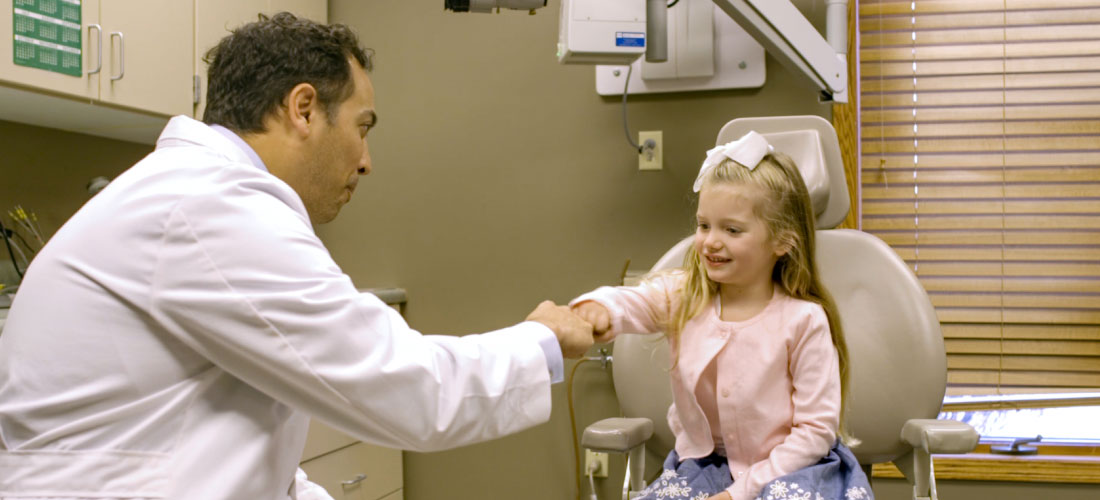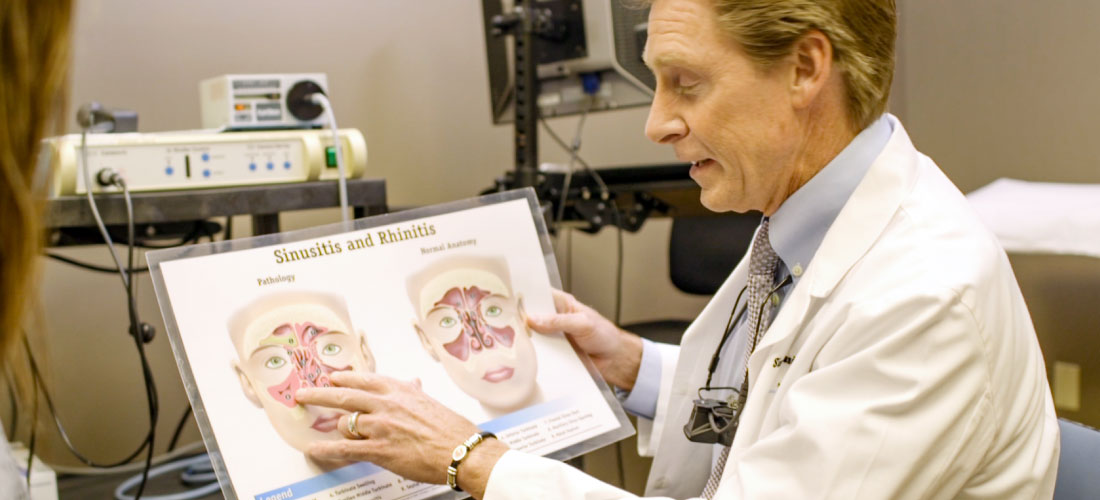Surviving Outdoor Allergy Season
“Spring brings with it the emergence of airborne pollens which can be an aggravation to millions of allergic Americans.”
Daniel Todd, MD FACS, Midwest Ear, Nose and Throat
The birds are chirping, grass is coming to life and warm breezes flow through open windows into homes. But along with the sights and sounds of spring come sneezing, watery eyes and an endless supply of tissues.
 Most of us look forward to spring but not the sniffles and stuffiness that come with it. The culprit is the emergence of airborne pollens, which can be an aggravation. Because of this, many people suffer from seasonal allergies. Daniel Todd, MD, FACS for Midwest Ear, Nose and Throat in Sioux Falls has been treating allergies for 20 years and has extensive experience with how to diagnose and treat springtime allergies. “First of all, if you don’t know what you’re allergic to, it’s paramount that you undergo testing. Otherwise, you don’t stand a chance at being proactive with your allergy control,” says Dr. Todd.
Most of us look forward to spring but not the sniffles and stuffiness that come with it. The culprit is the emergence of airborne pollens, which can be an aggravation. Because of this, many people suffer from seasonal allergies. Daniel Todd, MD, FACS for Midwest Ear, Nose and Throat in Sioux Falls has been treating allergies for 20 years and has extensive experience with how to diagnose and treat springtime allergies. “First of all, if you don’t know what you’re allergic to, it’s paramount that you undergo testing. Otherwise, you don’t stand a chance at being proactive with your allergy control,” says Dr. Todd.
Allergies can be categorized in a number of ways. Seasonal allergies are particularly frustrating for many because they are difficult to avoid. “Typically, spring is when the tree pollens begin, which is then followed by grasses and weeds,” adds Dr. Todd. In addition to harsh South Dakota winds and changing temperatures, avoiding these airborne triggers can be tricky. But Dr. Todd has some suggestions to help reduce the symptoms.
“I find that the patient’s compliance and technique are the most important thing in achieving success,” he adds. “I encourage patients to use nasal steroid sprays which are sold without a prescription.” Though he warns that the benefits of the sprays are not immediate. “What you spray today will help more with symptoms 2-3 days down the road, making it a medication of compliance,” says Dr. Todd.
Interestingly, Dr. Todd adds that exposure to more allergens in general makes us more susceptible to symptoms when the pollens fly. “You can actually lessen your seasonal allergic symptoms by lowering exposure to year-round allergens as well,” he adds.
Other options include oral antihistamines, which are also available over-the-counter and can be used as needed or in anticipation of a flare-up. “I’ve found that many of my patients feel better when taking these every day.” The addition of a decongestant, such as pseudoephedrine, can also be very helpful.
For more serious allergy sufferers, Dr. Todd recommends desensitization shots or drops as a potential “cure” for allergies. This involves giving the allergic individual a small dose of what they are allergic to on a regular basis to lessen their sensitivity. “We have good evidence that a series of shots can give patients permanent benefits,” he adds. So embrace spring with a clear head and nose by getting started with your treatment plan today.
By Jennifer Dumke: Sioux Falls Woman Magazine












